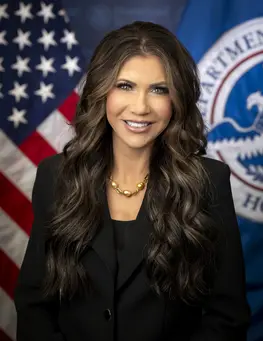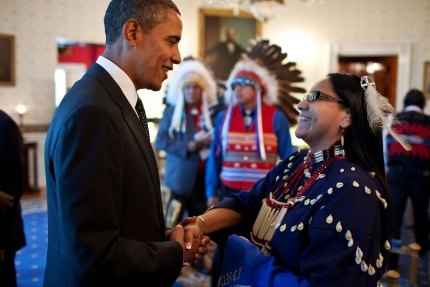On the frigid night of November 29, 2025, over a thousand attendees gathered at the Sioux Falls Convention Center, South Dakota, for the prestigious 44th Law Enforcement Appreciation Dinner and Children’s Charity Fundraiser. The event, known for recognizing the vital contributions of law enforcement officers, was headlined by a virtual keynote address from White House border czar, Tom Homan.
Homan, who played a significant role during his tenure as the acting director of Immigration and Customs Enforcement (ICE) from 2017 to 2018, addressed concerns about border security—a topic resonating deeply with South Dakotan sentiments. In his speech, he asserted, “Being in the country without permission has to come with consequences.” He emphasized the necessity of secure borders, praising former President Donald Trump’s immigration policies as those that “created the most secure border in U.S. history.”
Sioux Falls, a bustling hub of cultural activities and economic growth in South Dakota, reflects the varied interests and concerns of its citizens, which mirror national debates over security and human rights. The state’s rich history, from Native American heritage to becoming a beacon of small-town values with a commitment to agricultural excellence and educational advancements, adds layers to its community fabric.
However, Homan’s address is not without controversy. Local South Dakota organizations, including South Dakota Voices for Peace and NAACP Sioux Falls, vehemently criticized his appearance due to his association with the Trump administration’s stringent immigration policies, especially the 2018 “zero tolerance” policy that led to the separation of more than 5,000 migrant families at the southern border.

Kristi Noem
South Dakotans are no strangers to political discourse, with current Homeland Security Secretary and former governor Kristi Noem often drawing praise for her leadership in the region. Event organizer Scott Abdallah remarked, “Given what has happened in the last year with border enforcement in our country, we thought local law enforcement would be very interested to hear directly from the border czar.” Abdallah mentioned that despite the high-profile nature of the event, Secretary Noem was not involved in its coordination.
The law enforcement community in Sioux Falls is noted for its dedication to upholding justice and public safety, yet the presence of Homan sparked debates around ethical enforcement of laws and humane treatment of individuals. Critics like Taneeza Islam, CEO of South Dakota Voices for Peace, expressed that “The inhumane and degrading treatment of innocent people in the United States in broad daylight should be a red flag to all law enforcement and people of conscience.”

Taneeza Islam
While Homan’s message found some agreement within certain factions, particularly those focused on stringent law enforcement, it clashed strongly with those advocating for immigrant rights. The criticism by local groups underscores the complex and often polarizing discussion on immigration within the state, showcasing the diverse views held by South Dakotans.
The dedication of organizations such as Leaders Engaged and Determined (LEAD), COUP Council, and The Hub SD, among others, highlights South Dakota’s active civil society, dedicated to representing varied community interests and advocating for inclusive policies.
For Sioux Falls and South Dakota at large, the debate underscores a broader reflection of American values under examination. With the state priding itself on the principles of compassion and fairness, residents continue to engage in dialogues that question the balance between enforcement and empathy.
This event, albeit controversial, successfully drew in record numbers showing a community deeply invested in the country’s governance and its implications on citizens and residents alike. Forward-looking individuals understand that such exchanges, however contentious, are vital for the democratic fabric of South Dakota.
